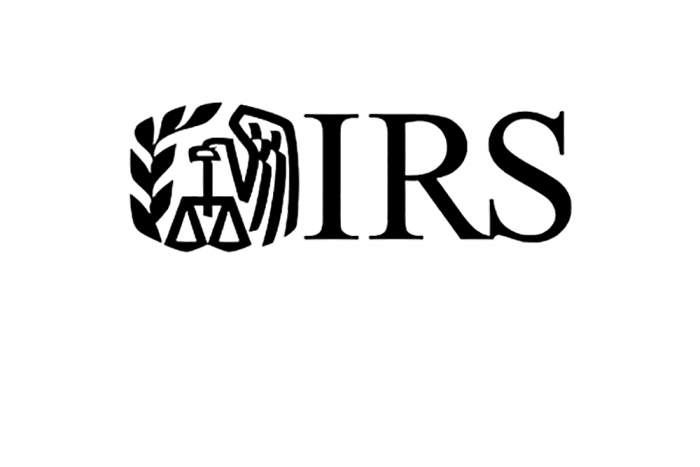April 14, 2020
Here is a summary of recent Centers for Medicare & Medicaid Services (CMS) actions taken in response to the COVID-19 virus, as part of the ongoing White House Task Force efforts. To keep up with the important work the Task Force is doing in response to COVID-19, click here www.coronavirus.gov. For information specific to CMS, please visit the CMS News Room and Current Emergencies Website. CMS updates these resources on an ongoing basis throughout the day; the information below is current as of April 14, 2020 at 10:00 a.m.
Postponement of 2019 Benefit Year HHS-operated Risk Adjustment Data Validation
To facilitate the nation’s response to COVID-19, CMS is announcing the postponement of the 2019 benefit year HHS Risk Adjustment Data Validation (HHS-RADV) process. This action will allow individual and small group health insurance issuers and providers to focus on the health and safety threats currently faced by enrollees, participants, and other impacted individuals due to the COVID-19 pandemic. CMS intends to provide future guidance in the summer of 2020 on the updated timeline for 2019 benefit year HHS-RADV activities that are planned to begin in 2021. CMS previously announced a similar suspension of the Medicare Advantage RADV program.
Updated Medicaid & CHIP FAQs on Enhanced Federal Funding, Recent Congressional Action
CMS released additional guidance to states on the Families First Coronavirus Response Act and the Coronavirus Aid, Relief, and Economic Security (CARES). The Frequently Asked Questions (FAQs) address enhanced federal Medicaid funding and other topics during the COVID-19 national emergency.
CMS Approves Additional State Medicaid Waivers and Amendments to Give States Flexibility to Address Coronavirus Pandemic
CMS has approved 50 emergency waivers, 28 state amendments, 9 COVID-related Medicaid Disaster Amendments and one CHIP COVID-related Disaster Amendment in record time. States are using a toolkit CMS developed to expedite the application and approval of Medicaid state waivers and State Plan Amendments.
CMS continues to deliver urgent regulatory relief to ensure the State can quickly and effectively care for their most vulnerable citizens. CMS approved a COVID-related Medicaid Disaster Amendment that brings relief to Alabama. These approvals help to ensure that states have the tools they need to combat COVID-19 through a wide variety of state plan flexibilities. CMS continues to authorize amendments to ensure emergency flexibilities in programs that care for the elderly and people with disabilities, including most recently in Arkansas. These approved flexibilities support President Trump’s commitment to a COVID-19 response that is locally executed, state managed, and federally supported.
- Medicaid State Plan Amendments
- Section 1135 Waivers
- 1915(c) Appendix K Waivers
- CHIP State Plan Amendments
2019 Novel Coronavirus (COVID-19) Long-Term Care Facility Transfer Scenarios
CMS is providing supplemental information for transferring or discharging residents between skilled nursing facilities and/or nursing facilities based on COVID-19 status (i.e., positive, negative, unknown/under observation). In general, if two or more certified long-term care facilities want to transfer or discharge residents between themselves for the purposes of cohorting, they do not need any additional approval to do so. However, if a certified long-term care facility would like to transfer or discharge residents to a non-certified location for the purposes of cohorting, they need approval from the State Survey Agency.

















